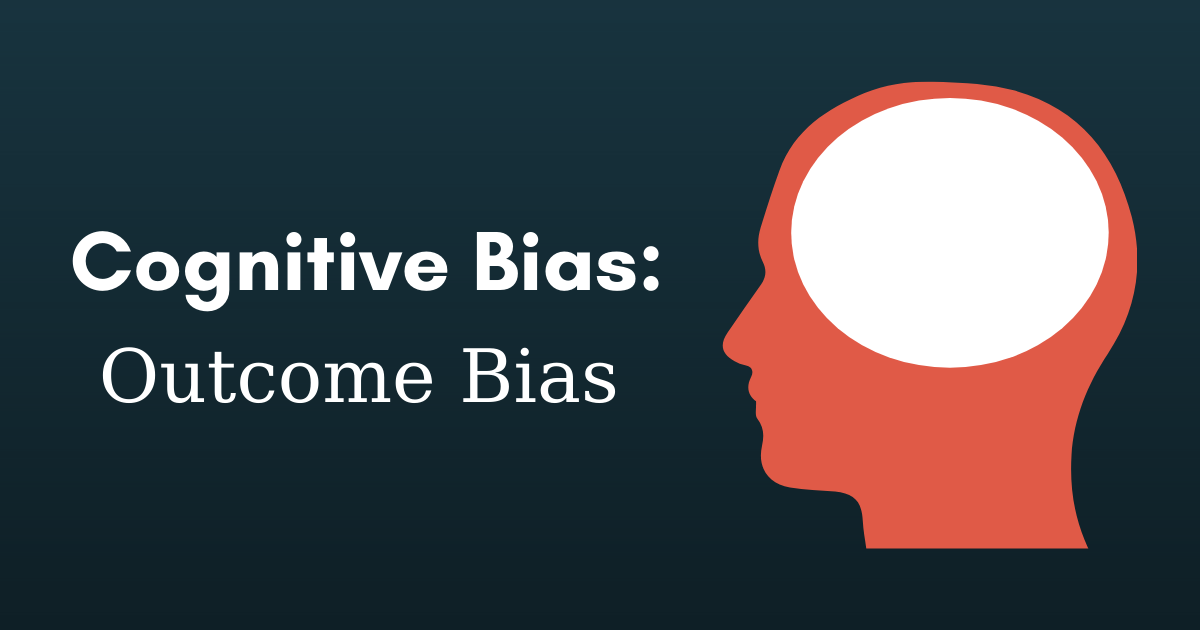In the same way that sunshine follows rain, the Wall Street Journal and other news outlets continually do what is described below. I believe it falls into the cognitive bias called Outcome Bias. Outcome Bias refers to situations in which a decision is evaluated after its outcome is known.
In the November 20, 2018 issue of the newspaper, the Markets section featured the article titled “U.S. Stocks Hit Hard as Tech Worries Deepen.” The article mentioned the declines in Bitcoin, Google, Apple and stocks in the technology sector.
Predictably, the fourth paragraph trotted out the CEO, let’s call him Bob, of a wealth management firm few have probably heard of. In the first half of 2018, the firm “decided that [it] would pare its exposure to risky investments, trimming some of its holdings of high-growth companies that had performed well over the past few years.” This is in spite of the fact that the firm’s investment process emphasizes “risk budgeting and managing for risk, not on short-term portfolio performance.” My emphasis added.
What’s Going on Here?
In my opinion, this example is like assembling a stadium full of coin flippers, and after one of the flippers inevitably flips ten heads in a row, featuring them as an exceptional coin flipper. Had the rout of technology stocks not occurred, we would never have heard of Bob. I’m guessing that over the last several quarters or years, many firms have said things like, “we should get out of/into [insert segment of the market].” In reality, most of them will never be heard from.
Bob and his firm got lucky. They’ll get to frame the article and reference it on their website and say, in promotional material, that Bob has been quoted in the Wall Street Journal. They won the marketing lotto.
But please don’t be confused. Bob and his firm do not have a consistent edge. They were just lucky. They flipped heads ten times in a row, so to speak. Do it often enough, and you likely will, too.
Source: Wall Street Journal, November 19, 2018

